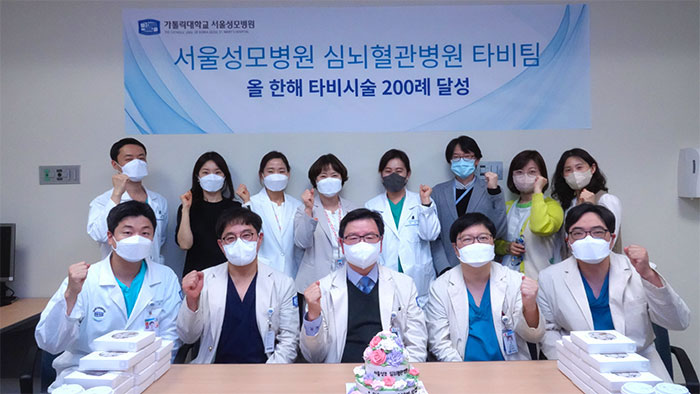RELATED Live.
- About us
- KIMA Members
-
KIMA Doctors
- All
- Anesthesiology
- artificial joint center
- Breast and Endocrine Surgery
- Breast cancer and thyroid cancer center
- Breast Surgery
- Cardiology
- Cardiothoracic Surgery
- Cerebrovascular Center
- Colorectal Surgery
- dental and maxillofacial surgery
- Dermatology
- Endocrinology
- Gastroenterology
- General Surgery
- Genito-Urology
- Hematology
- Hemato-oncology
- Infection Center
- Internal Medicine
- International Healthcare Center
- Korean Medicine
- liver center/Pancreas and billiary tract center
- Liver Transplantation
- Neurology
- Neurosurgery
- Obstetrics & Gynecology
- Ophthalmology
- Orthopedic
- Otorhinolaryngology
- Pediatric & Juvenile
- Pediatric Allergy and Respiratory Diseases
- Pediatric Gastroenterology
- Pediatric Neurology
- Pediatrics
- Physical Medicine & Rehabilitation
- Plastic & Reconstructive Surgery
- plastic surgery
- Pulmonology
- Radiation oncology
- Rheumatology
- Thyroid & Endocrine Surgery
- Urology
- Vascular Surgery
- KIMA News
- KIMA Live
- Community
KIMA NEWS

The Transcatheter Aortic Valve Implantation (TAVI) Team at the Cardio-Cerebrovascular Center at Seoul St. Mary’s Hospital performed its 200th TAVI procedure in 2022 on December 28.
The TAVI Team has been achieving steady growth since its first TAVI procedure in 2012, recording 50 cases in 2016 and surpassing 100 cases in 2018 for a cumulative total of 830 cases as of November 2022. TAVI is a procedure in which a damaged heart valve is replaced by inserting a stent through the femoral artery in the thigh. Chest pain or shortness of breath is eased on the day of the procedure, and hospital discharge is possible in 2 to 3 days on average after the procedure.
Inquiry